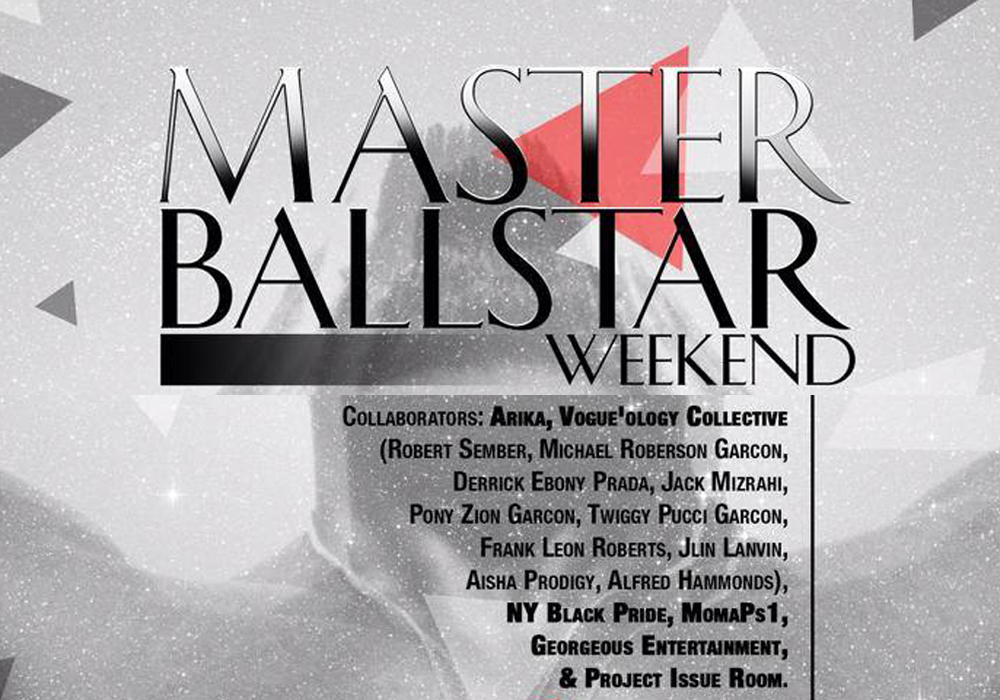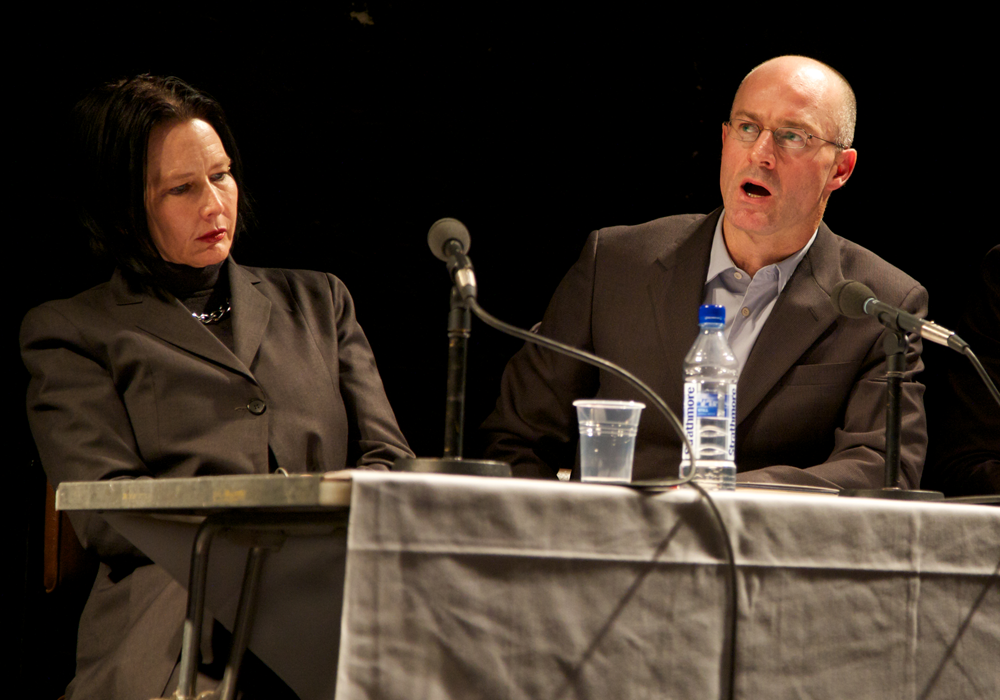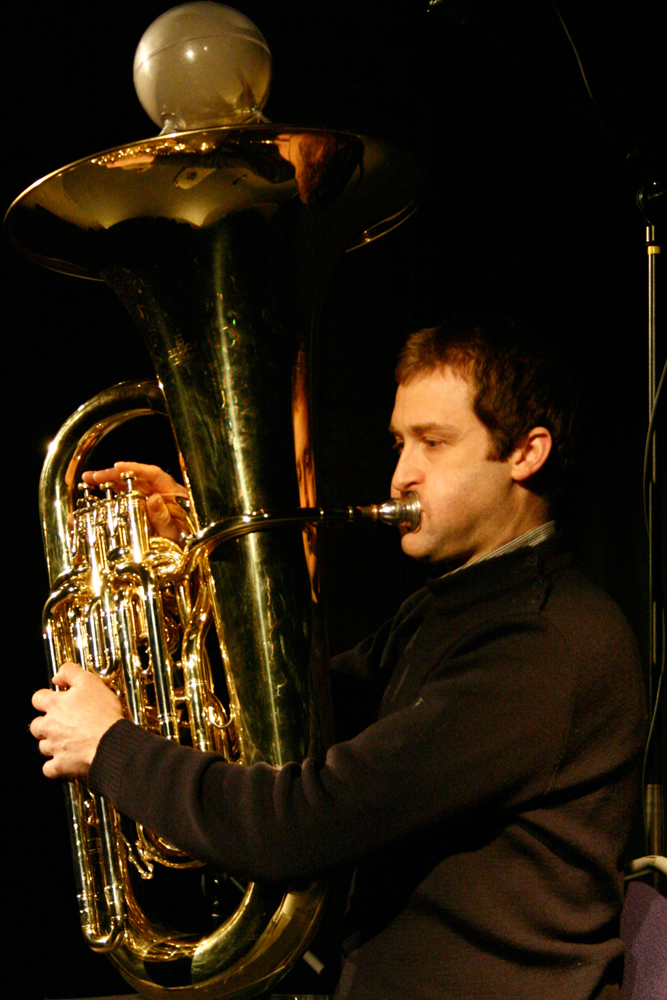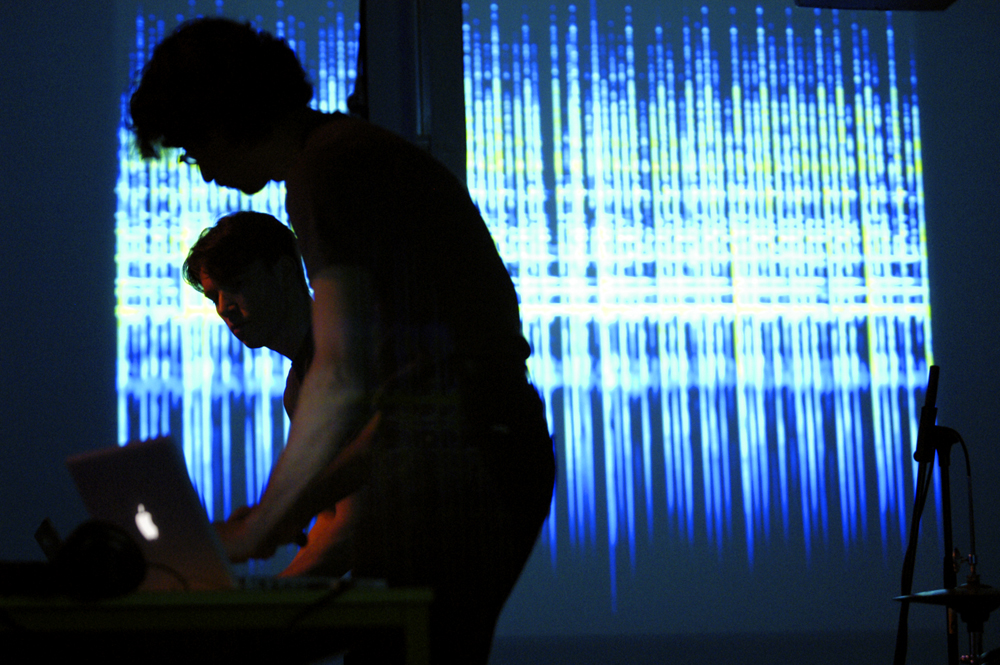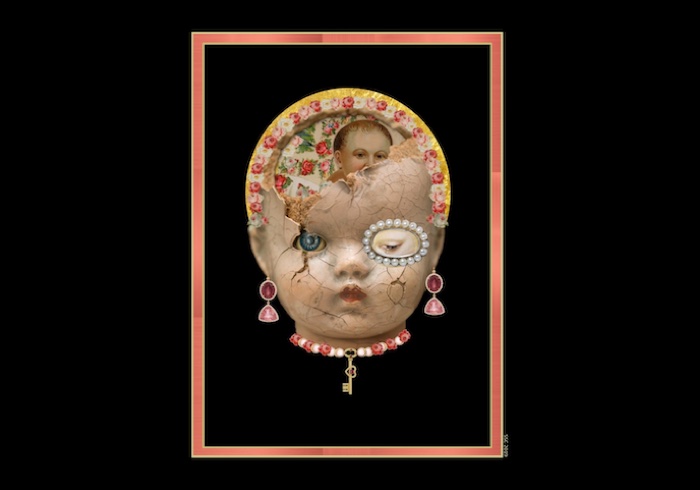
IN OUR LIFETIME – A New Anti-Imperialist Resource
Hussein Mitha
IN OUR LIFETIME, is an anti-imperialist resource, edited by Hussein Mitha, produced by Arika for Episode 11, featuring poetry, essays, questions, prompts, letters and works of anti-colonial imaginary.



